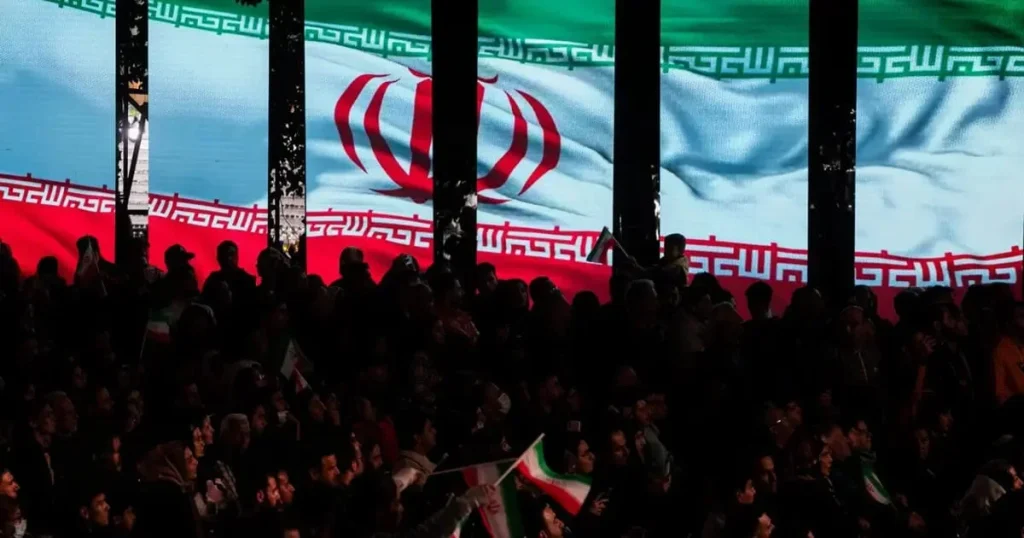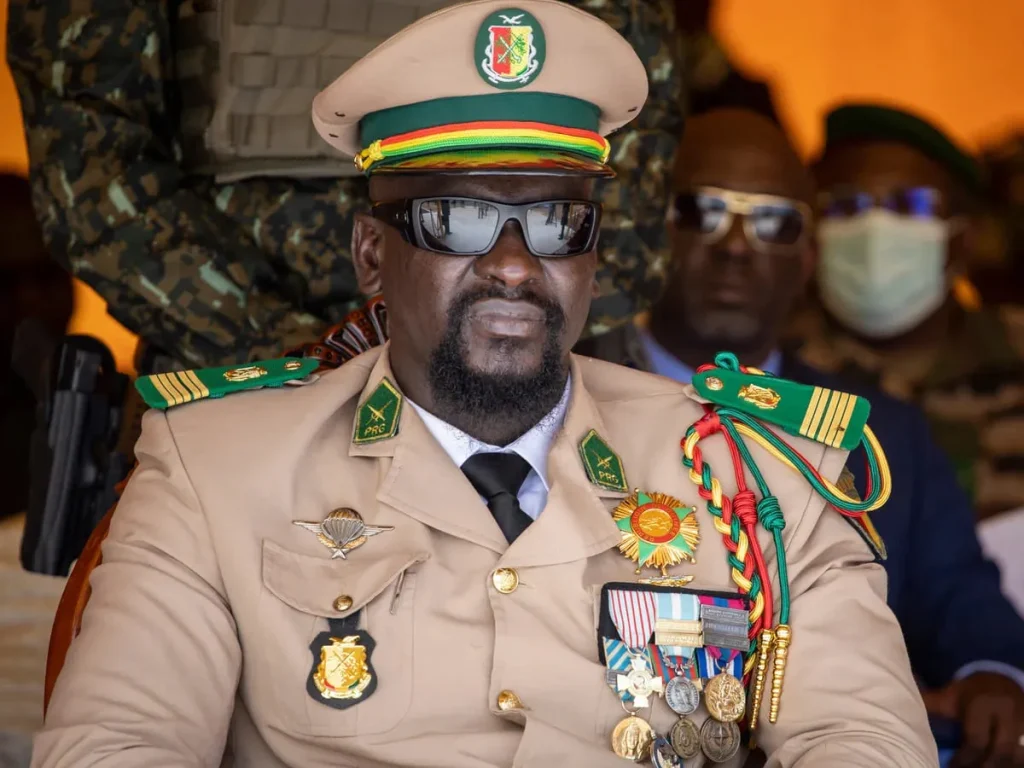 The Liberian Senate has passed a controversial constitutional amendment today, June 18, 2022, amidst widespread public debate. The amendment, which has been a subject of intense political discourse, seeks to reduce the presidential term from six to five years, and limit the number of terms a president can serve to two. It also proposes changes to the electoral calendar, including adjustments to the dates of legislative and presidential elections.
The Liberian Senate has passed a controversial constitutional amendment today, June 18, 2022, amidst widespread public debate. The amendment, which has been a subject of intense political discourse, seeks to reduce the presidential term from six to five years, and limit the number of terms a president can serve to two. It also proposes changes to the electoral calendar, including adjustments to the dates of legislative and presidential elections.
The bill, which had earlier been approved by the House of Representatives, was passed by the Senate with a majority vote, despite opposition from some lawmakers and civil society groups. Supporters of the amendment argue that it is necessary to align Liberia’s political system with regional and global democratic norms, where shorter presidential terms are becoming the standard. Proponents also claim that limiting the number of terms will help prevent the consolidation of power and ensure a smoother transfer of leadership in the future.
However, critics of the amendment have raised concerns about the timing and the potential implications for the upcoming 2023 presidential elections. Some opposition members argue that the amendment could be used to undermine the democratic process and extend the rule of incumbents, particularly in light of the fact that President George Weah’s administration has been the driving force behind the bill. Civil society groups have also expressed concerns about the lack of adequate public consultation and the hasty manner in which the bill was passed.
Following the Senate’s approval, the amendment will now be subject to a national referendum, which is expected to take place later this year. The referendum will allow Liberians to vote on whether they support the proposed changes to the constitution.
The passage of this bill has drawn the attention of the international community, with some foreign observers calling for a transparent and inclusive referendum process. The Economic Community of West African States (ECOWAS) has also urged the Liberian government to ensure that all stakeholders, including opposition parties and civil society, are fully involved in the process moving forward.
In Monrovia, reactions to the Senate’s decision have been mixed. While some citizens have expressed support for the changes, others remain skeptical of the motives behind the amendment. The coming months will likely see heightened political activity as Liberia prepares for the referendum and the 2023 elections.






















